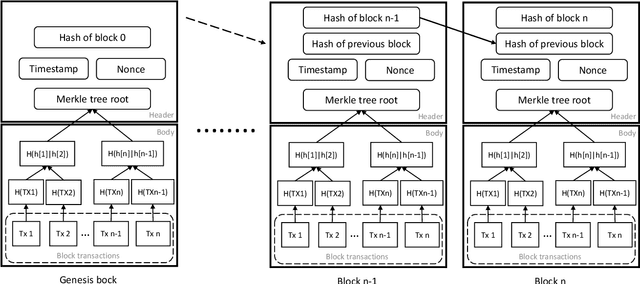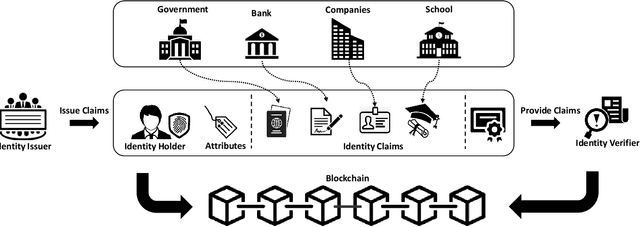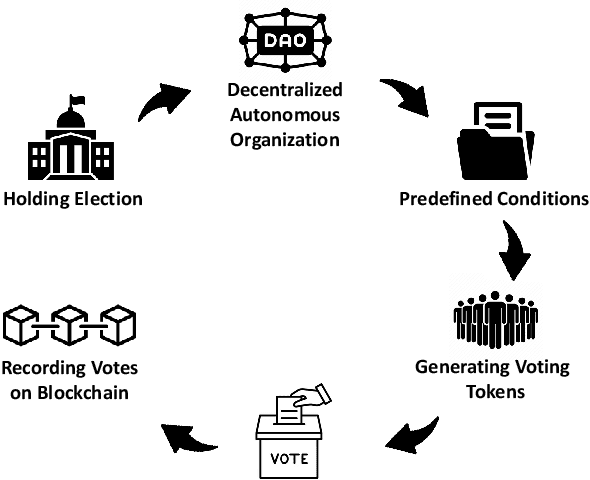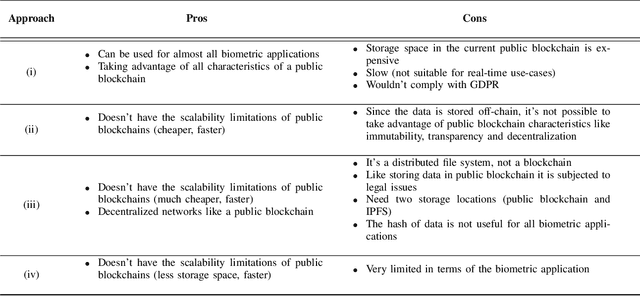Els Kindt
Combining Blockchain and Biometrics: A Survey on Technical Aspects and a First Legal Analysis
Feb 21, 2023



Abstract:Biometric recognition as a unique, hard-to-forge, and efficient way of identification and verification has become an indispensable part of the current digital world. The fast evolution of this technology has been a strong incentive for integrating it into many applications. Meanwhile, blockchain, the very attractive decentralized ledger technology, has been widely received both by the research and industry in the past years and it is being increasingly deployed nowadays in many different applications, such as money transfer, IoT, healthcare, or logistics. Recently, researchers have started to speculate what would be the pros and cons and what would be the best applications when these two technologies cross paths. This paper provides a survey of technical literature research on the combination of blockchain and biometrics and includes a first legal analysis of this integration to shed light on challenges and potentials. While this combination is still in its infancy and a growing body of literature discusses specific blockchain applications and solutions in an advanced technological set-up, this paper presents a holistic understanding of blockchains applicability in the biometric sector. This study demonstrates that combining blockchain and biometrics would be beneficial for novel applications in biometrics such as the PKI mechanism, distributed trusted service, and identity management. However, blockchain networks at their current stage are not efficient and economical for real-time applications. From a legal point of view, the allocation of accountability remains a main issue, while other difficulties remain, such as conducting a proper Data Protection Impact Assessment. Finally, it supplies technical and legal recommendations to reap the benefits and mitigate the risks of the combination.
 Add to Chrome
Add to Chrome Add to Firefox
Add to Firefox Add to Edge
Add to Edge